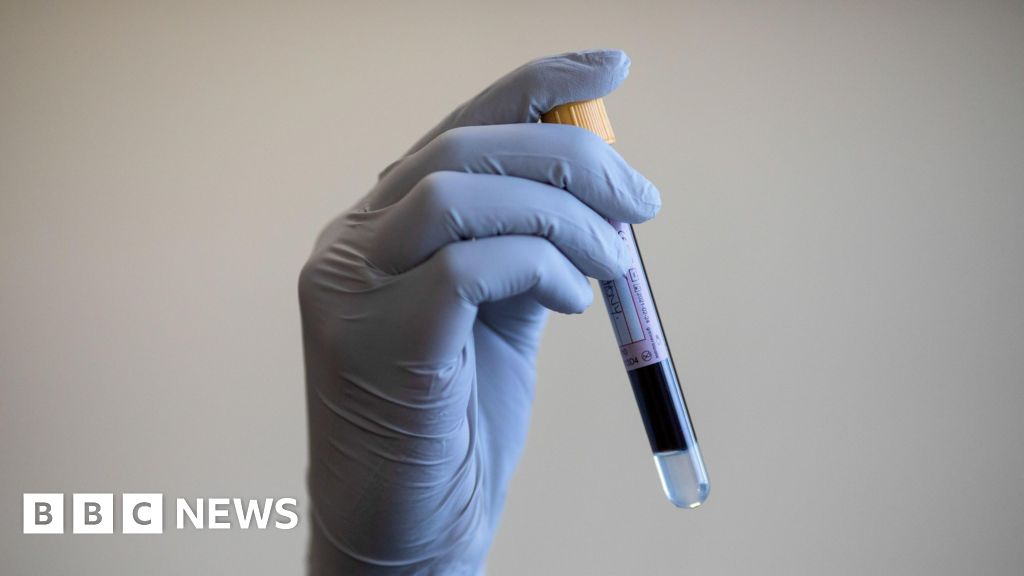 PA Media
PA MediaA multi-million pound investigation into the suspected manipulation of data at two forensic science drug-testing companies has been dropped.
Greater Manchester Police (GMP) said it was taking no further action against seven people who worked at Randox Testing Services (RTS) and Trimega Laboratories before 2017.
The force launched an inquiry that year after two scientists were arrested on suspicion of tampering with data at a lab used by police to analyse samples used in prosecutions.
A GMP spokesman said its seven-year investigation had ended due to not having enough funds to go through the “unprecedented mass of materials” it had recovered.
After the lab workers’ arrest in 2017, police suspended all contracts with the company and ordered a review of tens of thousands of cases.
Samples that needed retesting included those involved in sex cases, violent crimes, unexplained deaths and driving offences.
The investigation later involved another firm, Trimega Laboratories, where 17,000 test results had been investigated.
In total, seven suspects were identified, all of whom worked at Trimega.
Three had subsequently worked at RTS.

When the GMP launched its investigation, the then Policing Minister Nicholas Hurd told MPs Randox was co-operating fully to “identify the priority cases [and] get the retesting done as quickly as possible”.
Data had been sent to the lab for testing from 42 police forces, with three quarters of the cases related to people under suspicion of committing traffic-related offences.
More than 40 motorists convicted of drug-driving offences were cleared in the aftermath of the investigation being launched.
The National Police Chiefs’ Council confirmed a further 50 drug-driving cases had also been dropped as a result.

In 2018, RTS said it had discovered alleged manipulation of data within its laboratory processes in Manchester and immediately reported the suspicions to police and the Home Office.
The County Antrim-based company said it had employed staff who had been working at other accredited laboratories and some of those workers had been under police investigation.
As part of its co-operation, RTS said it was helping pay for the re-testing of samples.
Announcing the decision to drop its investigation, GMP confirmed the seven suspects would face no further action.
Assistant Chief Constable Rick Jackson said the decision “had not been taken lightly” and did not rule out the possibility of reopening the case if the “required resources and technology” became available.
He said: “This is, of course, frustrating for people across the country whose lives have been affected by civil, family, and criminal court cases which have relied on test results from these companies and could have been miscarriages of justice.”
‘Alleged manipulation’
RTS said it shared the sense of frustration about the case being withdrawn, but “noted the current pressures on police resources” and welcomed the possibility of the police investigation being resumed in future.
A company spokesperson added: “The alleged manipulation in RTS involved changing data in testing methods which had been accredited by the UK agency UKAS. The actual samples were not affected.”
The spokesperson said: “It was Randox’s whistleblowing that brought the matter of alleged data manipulation to the attention of GMP, and other appropriate authorities.”
Trimega went into administration in April 2014.


